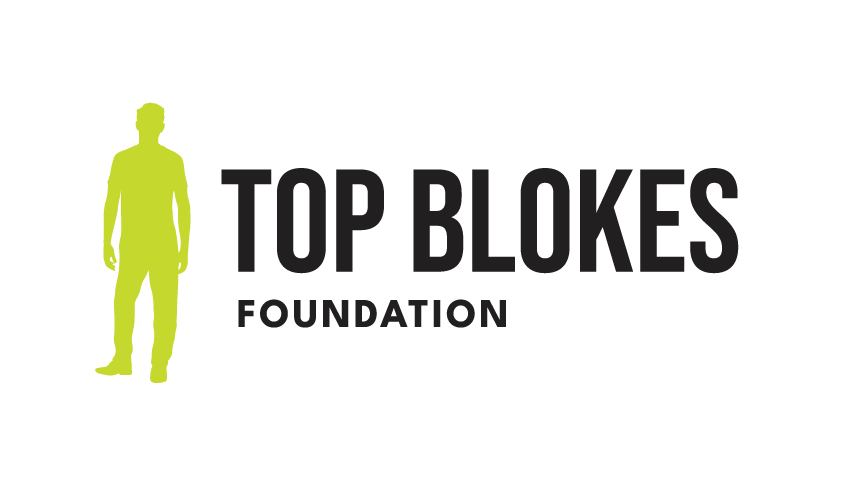When was the last time you thought about what it truly means to be masculine? For years, society has boxed masculinity into a rigid, outdated stereotype: strong, tough, and always stoic. But here’s the reality — being a man and a top bloke is so much more than that.
Daniel and Salim sat down with ambassador and Olympic boxer Harry Garside. In the first of three episodes, they discuss male stereotypes, the complexity of what makes us human and how we can all redefine masculinity in this modern age.
What’s clear is true masculinity isn’t a checklist of traits; it’s a journey that involves embracing your strengths, vulnerabilities, and passions. It’s showing emotion when things get tough and staying true to yourself even when faced with judgment.
Here are our top takeaways from episode one with Top Blokes ambassador Harry Garside.
- Masculinity comes in all shapes and sizes
Masculinity isn’t a one-dimensional concept. It can mean being strong, not just physically, but emotionally—whether that’s showing up as a protector, a provider, or someone who embraces and expresses their emotions.
“Being a strong, masculine person comes in many different forms. You mean being strong could be opening up about your emotions or being strong could be the protector of the provider, being strong could be the one who bends down and hugs his kid when they get home from school.” — Harry Garside
“I feel like masculinity is in all shapes, different shapes and sizes, and it shapes people for who they are today.” — Daniel
- Real strength means letting your guard down
Being vulnerable and showing your vulnerability is an essential part of being a strong man. It’s ok to express emotions, cry when needed, and open up to friends or family. Vulnerability isn’t weakness; it’s part of being human.
“Sometimes we need to let go and open up and be vulnerable and talk about what’s actually going on rather than running away. You can run away from your problems for as long as you want, but they’re always still there internally.” — Harry Garside
- Embrace your masculine and feminine qualities
Everyone has both masculine and feminine traits, and embracing them is vital for personal growth. When we embrace these traits, it helps us build a more authentic and complete version of ourselves.
“We’re 50% male, 50% female. We get inherent genes from our mother and father’s side.” — Salim
” I think it’s really important to open up every now and then when you need it.” — Harry Garside
- Self-care is key to showing up
Taking care of ourselves is important — whether through activities like exercise or talking with friends. When we do this we show up better for others. Self-care helps maintain mental health and strengthens connections with the people around you.
“A big thing I’ve realised is taking care of myself. And sometimes that means crying to a friend or opening up to a friend or even going to do a boxing session. I love to exercise, and it’s taking care of myself so I can show up around my connections, my community, and be a better version of myself because I’ve taken care of myself.” — Harry Garside
- Be you, not what others expect you to be
Social media can make it easy to fall into the trap of seeking external validation. Find activities and moments that “add fuel to your flame” to stay grounded and maintain a strong sense of self. It’s about doing what makes you feel alive and authentic, not just what others expect.
“I’ve always lived with this analogy that we have a flame inside of us. Sometimes we do things and that flame diminishes a little bit… We need to find those things where the flame ignites and we’re adding fuel to that flame.” — Harry Garside
Want to hear more? Look out for episode two on mental health later in November. You can follow Top Blokes on social media for more real stories, tips, and insights that challenge what it means to be a young man today.
And if you’re looking for more support, check out the Top Blokes programs running in schools, designed to help young men like Daniel and Salim navigate the complexities of life.




